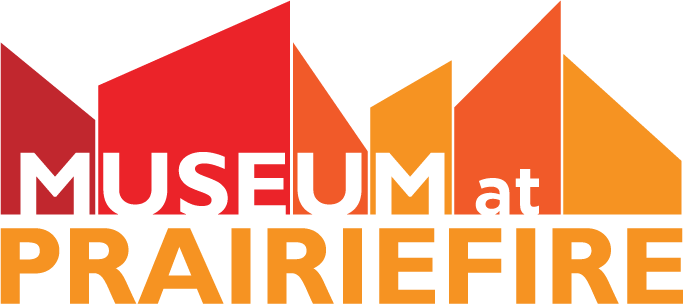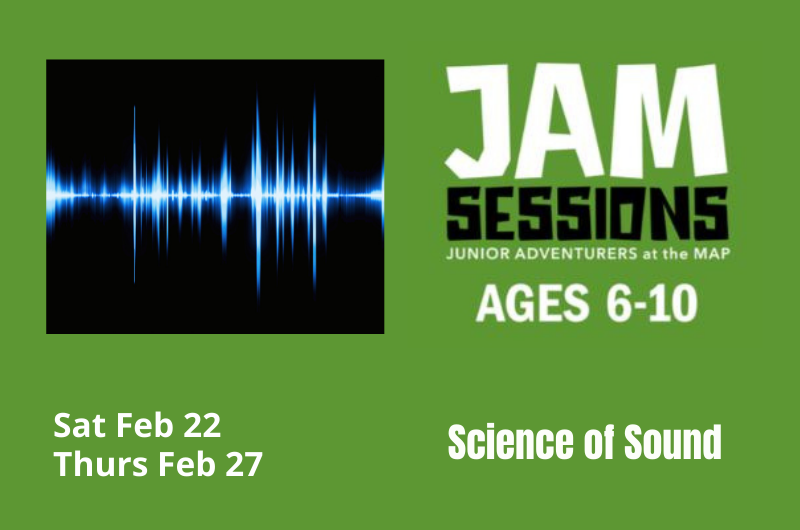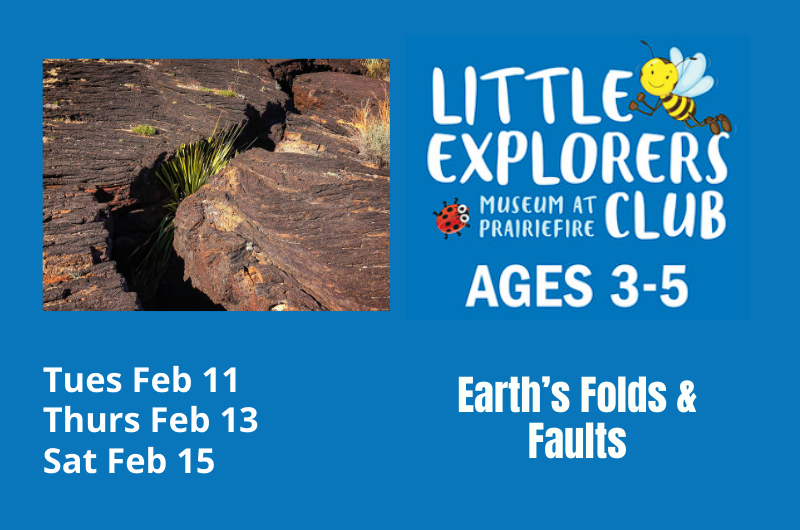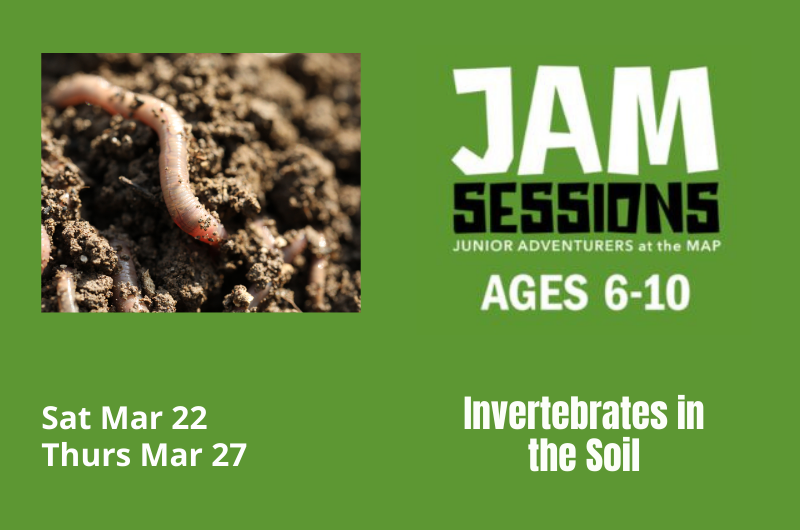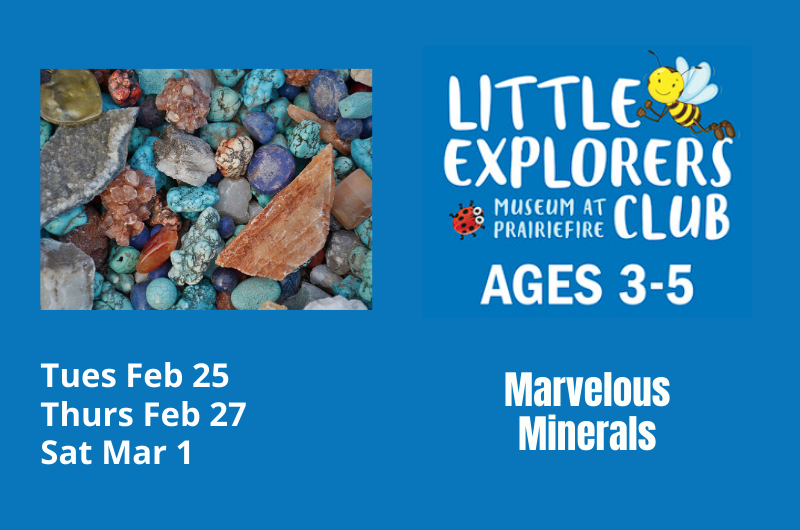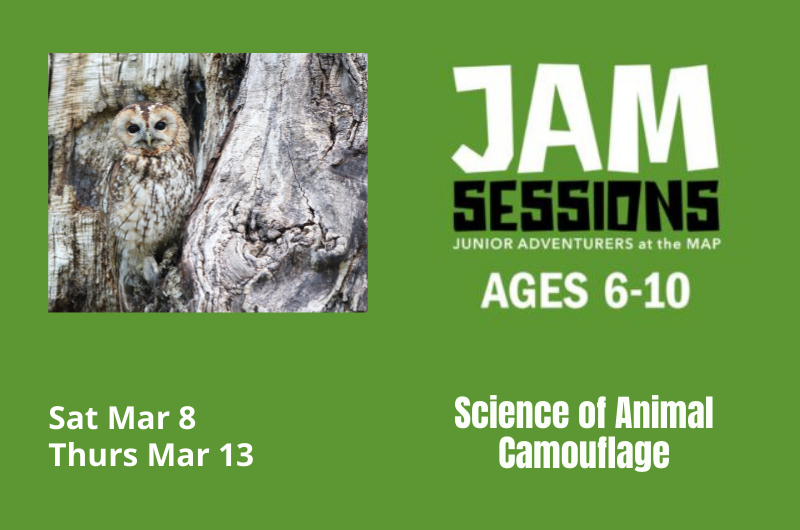JAM Session: Science of Ice and Snow
We are coming up to the middle of winter, and chances are we will have had some snow by now. We all know that snow is made of water, and that snowflakes are tiny ice crystals. You may have also heard that no two snowflakes are exactly alike - is this true?
In this winter-themed JAM, you will learn about physical and chemical properties of snow and ice, and what makes the solid state of water (ice) so unique compared to other solid objects. You will also conduct friction tests on ice using different objects to determine which one slides the best.
Class is at 10:15 am
January 25 & 30
We are coming up to the middle of winter, and chances are we will have had some snow by now. We all know that snow is made of water, and that snowflakes are tiny ice crystals. You may have also heard that no two snowflakes are exactly alike - is this true?
In this winter-themed JAM, you will learn about physical and chemical properties of snow and ice, and what makes the solid state of water (ice) so unique compared to other solid objects. You will also conduct friction tests on ice using different objects to determine which one slides the best.
Class is at 10:15 am
January 25 & 30
We are coming up to the middle of winter, and chances are we will have had some snow by now. We all know that snow is made of water, and that snowflakes are tiny ice crystals. You may have also heard that no two snowflakes are exactly alike - is this true?
In this winter-themed JAM, you will learn about physical and chemical properties of snow and ice, and what makes the solid state of water (ice) so unique compared to other solid objects. You will also conduct friction tests on ice using different objects to determine which one slides the best.
Class is at 10:15 am
January 25 & 30
